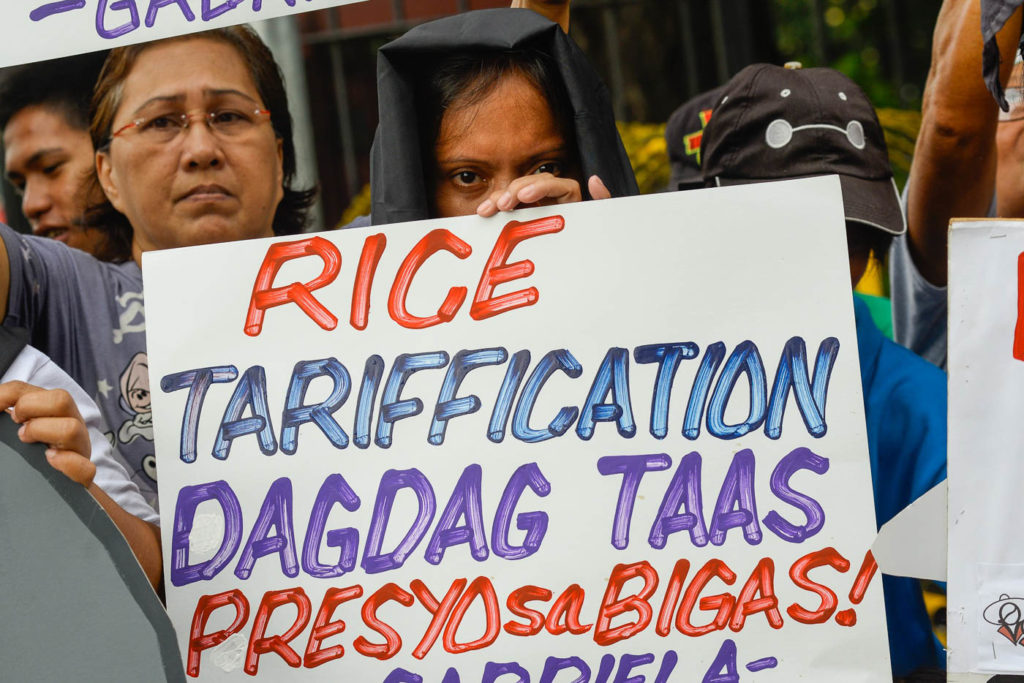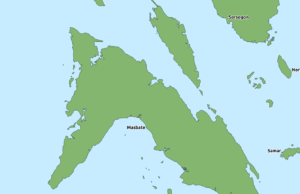Rice prices will unlikely decrease despite tariff cuts


The price of rice in the market is still high this month despite Ferdinand Marcos Jr.’s promise that it will decrease when reducing the tariff imposed on imported rice by 20% (from 35% to 15%). Marcos regime officials boasted that it could be reduced by P9/kilo (later lowered by P5/kilo) this July due to the tariff reduction.
Ferdinand Marcos Jr. signed Executive Order No. 62 in the first week of June that lowered tariffs not only on rice, but also on meat and other imported foods. The order is in effect until 2028.
The state has no mechanism to control rice pricing. In fact, market pricing is controlled by private importers who will still sell rice at a higher price even if they bought it cheap. The world’s market price of rice was already high due to “thin” supply caused by El Nino. Marcos’ EO 62 even worsened the situation because Vietnam and other exporting countries raised rice prices after the decree was made public.
“Tariff cuts will not solve the problem of high prices of rice and food,” the Kilusang Magbubukid ng Pilipinas said in a June 22 statement. “Instead, it will further burden local farmers who continue to be affected by rice liberalization and El Niño. Only importers and big businessmen will benefit from this while small farmers continue to suffer.”
“Removing the protection will make market conditions more difficult for marginal rice producers,” the Ibon Foundation said. The Philippines will import an estimated 4.6 million metric tons this year, higher than the previous target of 4.1 million MT.










